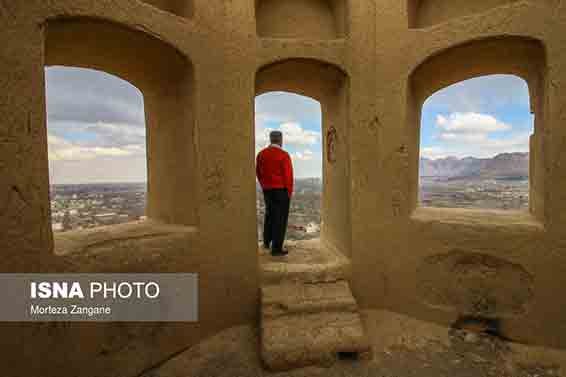Funny side up
Surat-based theatreperson Yazdi Karanjia loves to make people laugh. “It came to me when I was just a child,” says the 80-year-old over the phone from his hometown. At the age of 12, as he replaced a sick participant for a play set up by his father, Karanjia donned on the role of a girl (“Those days, ladies or girls did not participate in plays,” he explains) and launched a riot of laughter in the school hall.
“After the performance, a lady walked into the green room, and told me that her husband was very keen on that play but had passed away recently. She told me that she decided to come anyway. My performance made her laugh so much that it was the first time she had laughed that much since her husband’s death. That touched me to the core. I felt that if I performed to make others happy, I should do this. That is how I got into theatre,” he says.
Karanjia was in Delhi recently to stage his comedy show, Behram Ni Sasu, written by the late theatre director Pheroze Antia, which is about a Parsi household that deals with societal issues with wit and humour. His visit was a part of the Everlasting Flame International Programme, which celebrates Zoroastrian and Parsi culture, philosophy and art.
The artiste is a teacher himself, having opened the first Parsi theatre academy, called Yazdi Karanjia Theatre Group, in Surat in 2007, promoting theatre activities, specifically with schoolchildren. Yet on stage, Karanjia finds himself like a therapist. “If you don’t laugh even for a minute, you’re wasting 60 precious seconds of your life,” says the artiste, who incidentally found himself donning female roles throughout school until the first male lead was offered to him in college.
With kala gurus such as Antia and Dr Ratan Marshal, along with his own father, and with no formal training in theatre, Karanjia’s survey into theatre begins and ends with experience, continuing till now. “Experience is my teacher, stage is my laboratory and audience is my circus,” he says. Although he has a list of productions, mostly old, slotted for the future, Karanjia is also archiving material related to Parsi theatre. “We are collecting photographs of productions. We are also collecting play scripts, from which we will revive to stage on our own. They are so much in demand,” he says.
Published on The Indian Express




